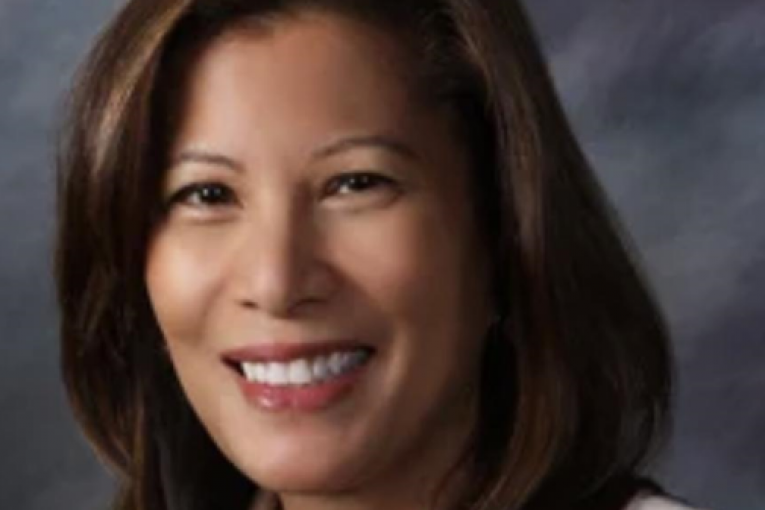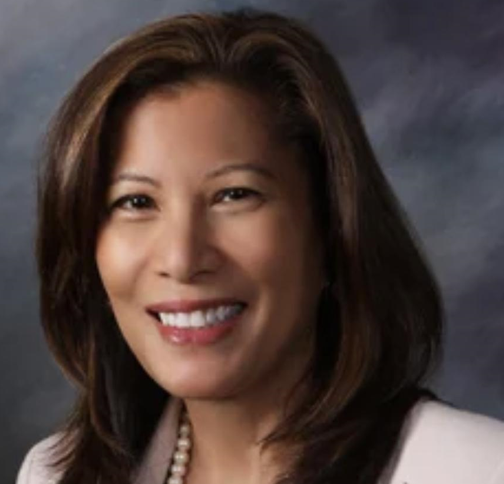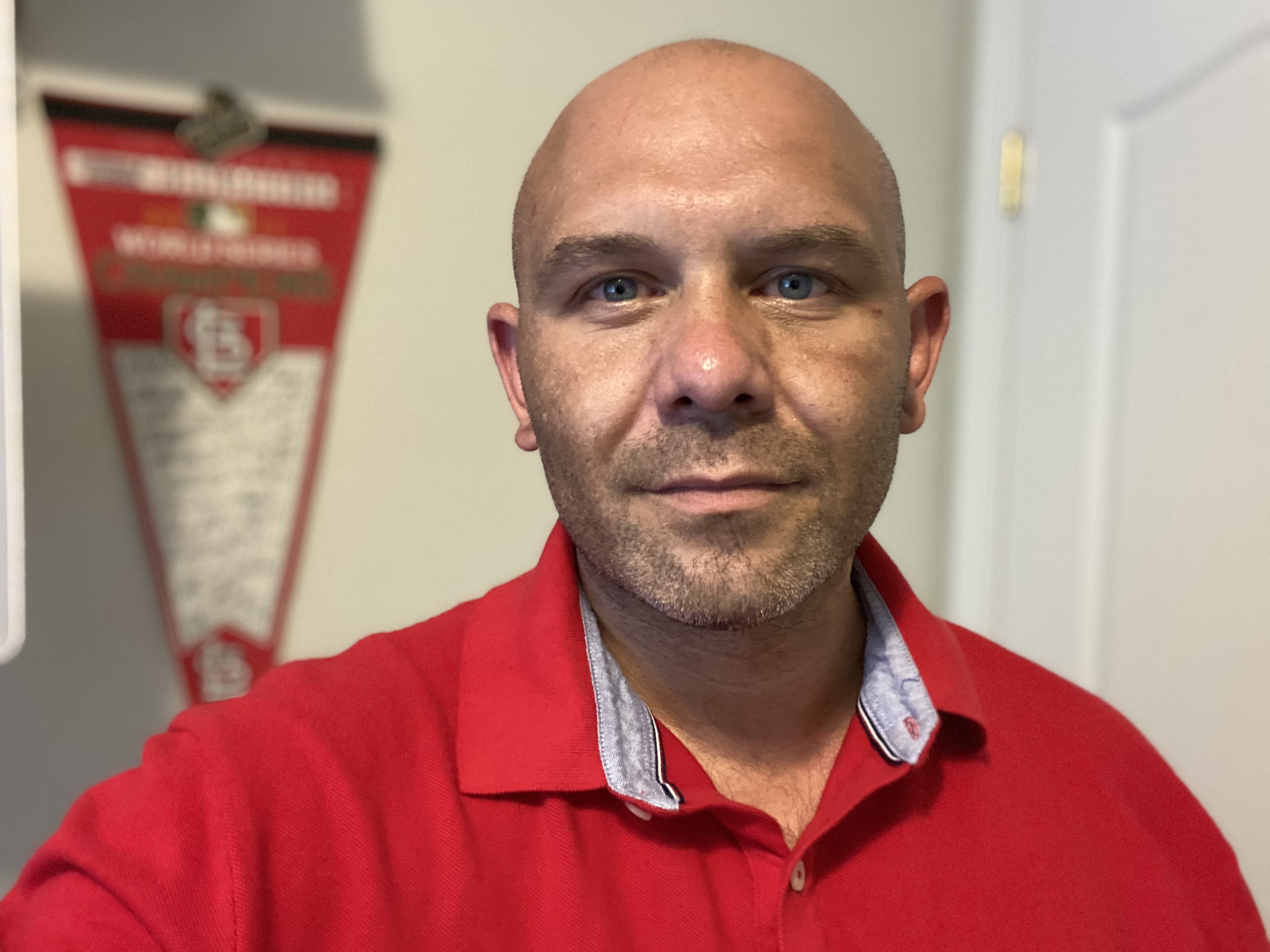

By Robert J Hansen
Sacramento, CA – Tani Gorre Cantil-Sakauye, chief justice of the California Supreme Court, said that the state legislature is responsible for stalling efforts to bring about regulatory reforms to address the state’s gap in access to justice at the annual meeting of the American Association of Law Libraries last month.
“This is how California differs from every other state,” Cantil-Sakauye said. “Every year, the state bar dues bill — the bill that lawyers have to pay for the privilege and right to practice law in California — goes before the legislature. Every year, the bar dues bill has to be approved by the California legislature, not the Supreme Court. And every year the legislature audits and reduces or increases the dues bill, and also orders changes in the state bar’s administration.”
In California, two groups have been studying potential reforms.
One potential reform is the creation of a regulatory sandbox program similar to Utah’s, and that specially  trained paraprofessionals be allowed to provide limited legal services.
trained paraprofessionals be allowed to provide limited legal services.
Judge Cantil-Sakauye said the Supreme Court is blocked from independently taking action on these reforms by two factors, the California State Bar and the California Legislature.
“But the legislature has just now, at least written in statute, the inability to proceed with that. And that bill was lobbied by the lawyer groups in California, who went to the legislature and want this to slow down because of their concern.”
The California Senate has a pending bill (AB-2958), that would prevent any California State Bar committee from recommending any changes to the rules, making it so that only lawyers can own legal practices or deliver legal services.
Leah Wilson, Executive Director of the State Bar of California, stated in her letter that CALDA’s (California Association of Legal Document Assistants) leadership has not evidenced a collaborative spirit to work with the State Bar to enable Californians to safely access reputable legal services. This is entirely untrue. CALDA has made several suggestions for making reasonable enhancements to protect the public, such as requiring background checks for legal document assistants, but the State Bar is unwilling to accept any such suggestions, short of being the regulatory body for legal document assistants.
Ms. Wilson said the State Bar supports regulatory changes that would create a robust continuum of legal services in California because most Californians don’t have (and can’t afford) meaningful access to legal help when they need it.
“Legal Document Assistants, (LDAs) should be part of that continuum, acting within the scope of their license to assist consumers in preparing forms,” Wilson said.
A licensed legal paraprofessional, who could provide legal advice–regarding which forms to complete, for example–could be another important component, according to Wilson.
LDAs are not currently regulated by any entity, Wilson said.
“Instead, they are required to register with county clerks’ offices, but there is no way to look up registration information. Similarly, there is no clear way to file a complaint if an LDA does not perform,” Wilson said. “These shortcomings negatively impact both LDAs who seek to grow and professionalize their field, and the consumer, who is currently unable to do something as simple as going to a website and find a registered LDA.”
Wilson said that in light of these realities, and the State Bar’s mission to protect the public, the State Bar has been willing to partner with the LDA community to establish the kind of regulatory infrastructure that is needed for both the profession and the public.
“The State Bar supports regulatory changes that would create a robust continuum of legal services in California, because most Californians don’t have (and can’t afford) meaningful access to legal help when they need it. LDAs should be part of that continuum, acting within the scope of their license to assist consumers in preparing forms. A licensed legal paraprofessional, who could provide legal advice–regarding which forms to complete, for example–could be another important component.
Richard Lubetsky, counsel to the California Association of Legal Document Assistants (CALDA) said in a letter to the Vanguard, that Wilson makes much of the State Bar’s mission to protect the public, but fails to mention that the State Auditor issued a report in April, which found that the State Bar was doing an inadequate job of dealing with attorneys who persistently violate ethical standards, thus failing to deter future misconduct.
“Is this the type of agency that we want to regulate legal document assistants? Additionally, a large number of complaints made against legal document assistants come from attorneys who are seeking to have legal document assistants put out of business,” Lubetsky said.
The State Bar has denied a public records request made by CALDA to review these complaints, according to Lubetsky.
Lubetsky claims that any member of the public may call their local county clerk to find out if a particular legal document assistant is registered and has posted the required bond. The county clerk may deny the registration application of a legal document assistant if it is determined that the legal document assistant does not meet the qualifications for registration, and may revoke a legal document assistant’s registration for good cause. In both cases, the decision of the county clerk is subject to review by the Department of Consumer Affairs (DCA), the same agency that is responsible for drafting the contract that legal document assistants are required to use, and for drafting the consumer notices that legal document assistants are required to provide to their customers.
“And if a legal document assistant fails to properly perform, a complaint can be filed with the county clerk, county consumer affairs office or Better Business Bureau, the local prosecutor, the DCA, and yes, even the State Bar,” Lubetsky said.
In short, CALDA has never been opposed to reasonable regulation, just not regulation by the State Bar, which the organization believes is not in the best interest of either practicing legal document assistants or the general public.
Angela Grijalva, CEO of The Legal Connection Network (TLCN) and an LDA at Prepared Legal Corp., said that Wilson has taken over at the State Bar to fix the issues raised in the auditor’s report.
The State Bar is an independent corporation with a board of trustees composed of lawyers who have historically served the interest of attorneys not the consumers, according to Grijalva.
The former State Bar Executive Director Joe Dunn is subject to disciplinary action associated with the handling of Thomas Girardi’s investigation.
“Privileges circles such as these have everything to do with connections and influence not serving the community,” Grijalva said. “It’s so important for leaders such as Cantil-Sakauye to raise awareness about access to justice issues.”
Grijalva said the chief issue is AB-2958, which further fortifies the attorney monopoly over legal services in California.
“The non-attorney California Paraprofessional licensure is one of the many responses necessary to bridge the justice gap, but it also creates pathways for upward mobility for BIPOC [Black, Indigenous, and People of Color] communities,” Grijalva said. “The paraprofessional program would be a technical or vocational trade opportunity for those who do not fit within the traditional model of academia. It put boots on the ground within communities where non-exist. For example, there are rural communities with limited or no legal services.”
To truly close the justice gap we need to adopt a robust definition of accessibility which encapsulates barriers such as language, cultural awareness, amongst other needs, according to Grijalva.
“There are larger systemic barriers at play here. I would argue ‘Jim Crow’ policies which are burdensome for BIPOC communities,” Grijalva said.
The California Justice Gap Survey revealed that a significant portion of the justice gap in California is caused by a lack of knowledge about the civil legal system.
This is a systemic issue.
“When people do not know how to seek redress for grievances this leads to compounding inequities,” Grijalva said.
She says that the everyday person should be empowered with a basic understanding of the legal system in order to seek relief without a third party or needing to take out a second mortgage to hire an attorney.
“Chief Justice Tani Gorre Cantil-Sakauye identified key administrative structure issues which emphasizes why non-attorneys oversight should not fall under the State Bar, but rather the DCA who is tasked to the oversight of a multitude of professions,” Grijalva said.






